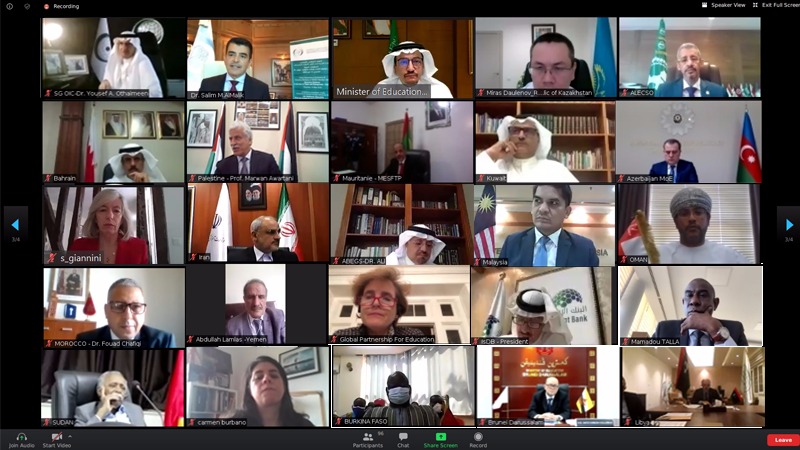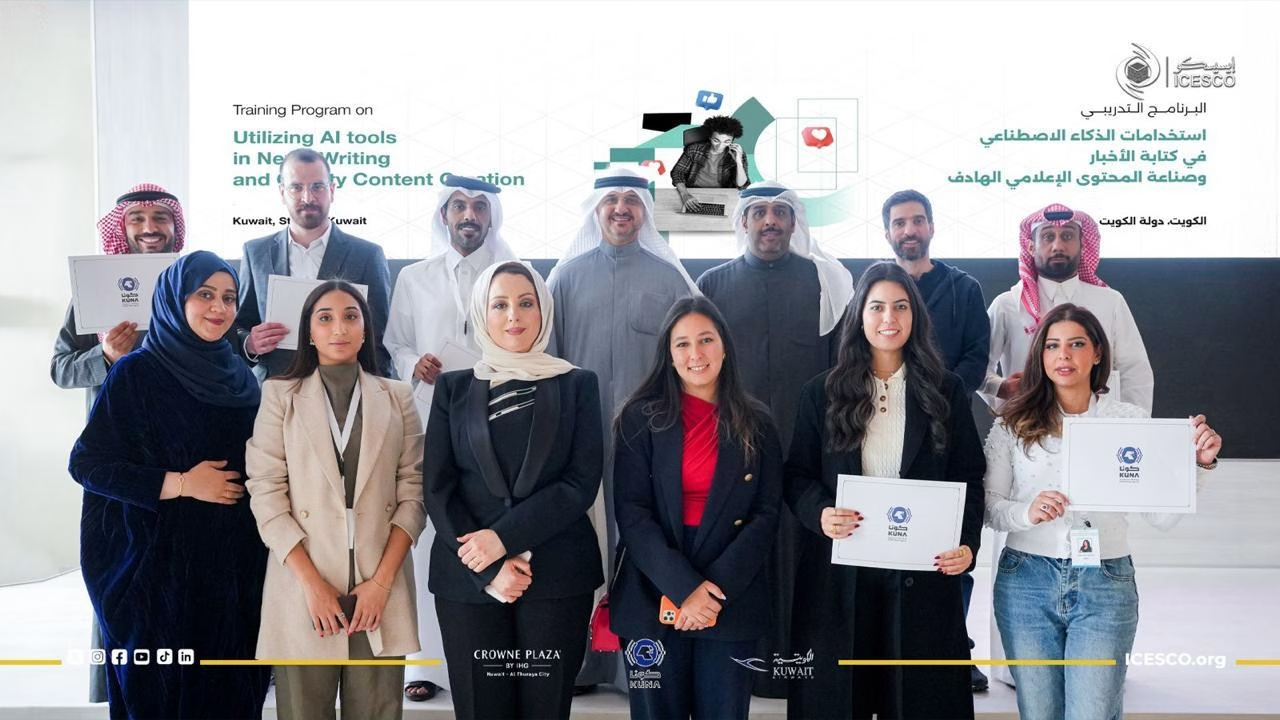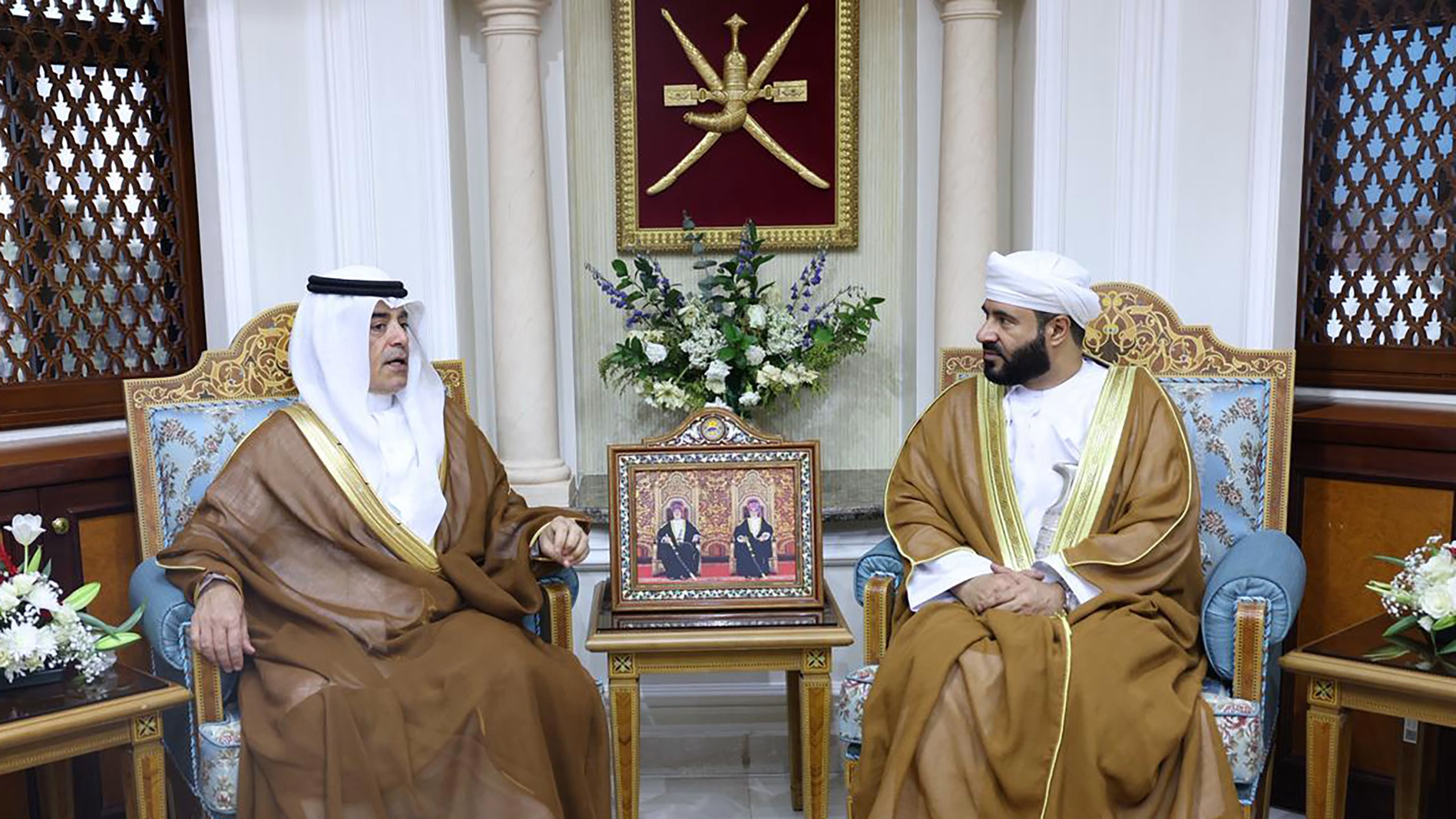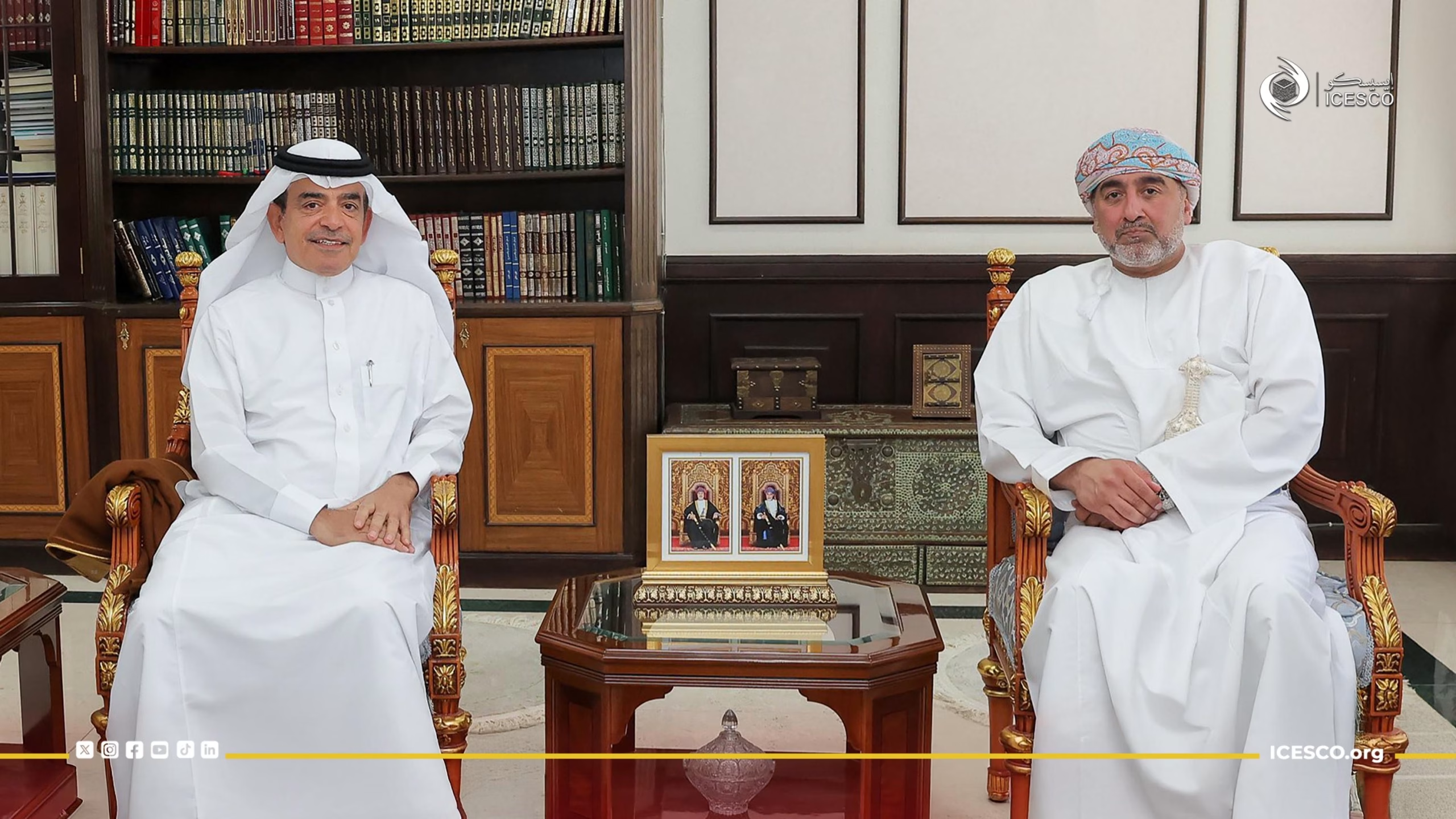
Details of the Final Declaration of the Extraordinary Virtual Conference of Education Ministers in the Islamic World

14 May 2020
The Extraordinary Virtual Conference of Education Ministers of ICESCO Member States, held under the theme “Education Systems in the Face of Crises and Emergencies (Covid-19)”, closed its proceedings today with a unified declaration. Participants from 43 countries reiterated their commitment to work until their countries attain SDG 4 by 2030 which aims to “ensure inclusive and equitable quality education and promote lifelong learning opportunities for all”.
In the declaration read out by Dr. Salim M. AlMalik, ICESCO Director-General, at the closing session of the Conference, the ministers of education in the Islamic world and heads of participating regional and international organizations extended their thanks and appreciation to the Kingdom of Saudi Arabia and the Custodian of the Two Holy Mosques, King Salman bin Abdulaziz Al Saud, for the initiative to hold and preside the Conference and provide the necessary technical support. They also thanked ICESCO and its Director-General for convening the Conference during these difficult circumstances due to the outbreak of Covid-19 pandemic, which resulted in the closure of public educational facilities.
The conference participants also reiterated their support to the vision of ICESCO, which is based on the assurance of the right to education as a fundamental human right and the preservation of human dignity, social justice, and equality between learners. In the same vein, the participants lauded the efforts exerted by the Member States to ensure the sustainability of education amid Covid-19 pandemic. They also called on ICESCO to prepare a comprehensive study on the mechanisms and measures implemented by the Member States to curb the fallout of the pandemic on the education sector and the future prevention mechanisms for crises and emergencies.
The declaration underlined Member States’ commitment to employ their expertise, financial, and human means to support each other and intensify consultation, coordination, and communication to allow every child to enjoy the right to education in the Islamic world, particularly during crises and emergencies.
Moreover, the participants hailed the new guidebook prepared by ICESCO to regulate the procedures and measures to be followed to ensure a safe school return in case this pandemic goes on or a new wave of the virus should emerge as the regular school reopens. They also welcomed the report on the role of artificial intelligence (AI) and its applications in developing education systems and entrenching the values of quality, equity, equality, and inclusion in situations of emergencies and crises. Along this line, they affirmed their commitment to harnessing necessary financial and technical means to reap its maximum benefit from the advantages provided by these smart applications in education.
The participants expressed their willingness to provide access to educational resources and open-source data to all learners’ categories. They would further adapt national legislation toward the establishment of public digital education facilities and incorporation of virtual education in the legal systems in the Islamic world to complement to in-classroom education systems.
Afterward, the participants have undertaken prompt measures and launch successful practical initiatives to address the high school dropout in the Islamic world, which exacerbated due to Covid-19 pandemic outbreak, compromising education quality and principles of equity, inclusiveness, and equality. Likewise, they reaffirmed the need to keep up with advances in education systems and their technical and human needs and work toward capacity-building through developing training policies and rehabilitation programmes, preparing guidebooks, and organizing training sessions for all the elements of the education family.
The declaration also reiterated its call to the Member States for more commitment to prepare strategies, action plans, and budgets related to education following approaches based on gender equality. It strongly rejects all forms of discrimination against women and provides equal education opportunities to all categories without exception and standardize mathematics and sciences in Islamic world countries. The participants then entrusted ICESCO to give proposals on those mentioned above, in cooperation with specialized international organizations, to be submitted to the competent authorities in the Member States before their adoption at the upcoming session of the Conference of Education Ministers.
Next, the participants reaffirmed their support to the “Comprehensive Humanitarian Coalition” launched by ICESCO to curb the repercussions of Covid-19 on the Member States. They urged countries, governmental and non-governmental organizations, donors, and the private sector to ensure the success of the Coalition by supporting its activities and initiatives. They also stressed their commitment to ensure the sustainability of the resources of the Organization by paying their contributions to its budget regularly and strive to provide off-budget resources. It would allow ICESCO to fully discharge its roles assigned to it under its founding Charter, and the resolutions and decisions of the General Conference, Executive Council and specialized ministerial conferences.
At the close of the Conference, Dr. AlMalik delivered an address wherein he thanked the Ministers and the participants and reiterated the Organization’s commitment to invest more efforts to sustain the right to education.




